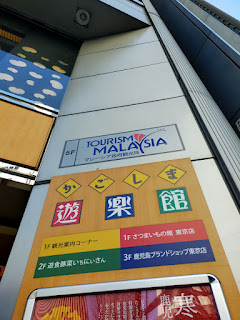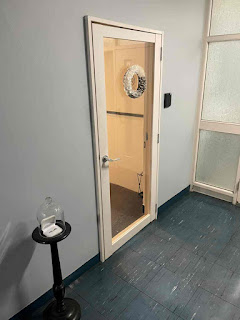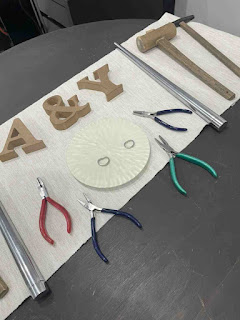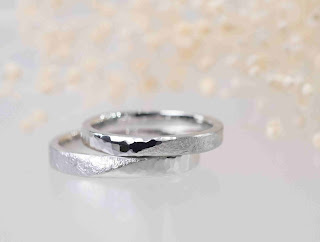Announcing My Marriage
With my decision to study abroad in Malaysia, our originally planned wedding date got moved up due to the time required for obtaining a student visa in Malaysia.
Now, while it is not a problem procedurally since I had already inquired with the HR department, it is still necessary to inform my immediate supervisor in my department.
Considering the possibility of being transferred to a different department upon returning, I could potentially travel without mentioning it, but since there's no need to hide it, I thought it would be best to share the news.
Although I don't know when it will happen, I also want to avoid the situation of someone asking, "When did you get married!?" when I take maternity or childcare leave.
Before the question of inviting my supervisor to the wedding, there is no need for them to save the date as I don't have any plans for a wedding.
Who is My "Immediate Supervisor"?
This is where I encountered a dilemma. Who exactly is my "immediate supervisor"?
In the current work environment, the person with personnel authority is the section chief, with positions like assistant section chief or team leader in between.
When it comes to referring to my "immediate supervisor" in internal administrative procedures, it usually means the section chief, whom I may visit to get a seal. However, in terms of day-to-day tasks, I interact more with the assistant section chief or team leader level superiors.
In this case, I'm unsure who I should report my marriage to first.
I searched the internet and found others who were also struggling with this issue, but each situation was different.
I read many posts on platforms like "Yahoo Chiebukuro" and "Hatsugen Komachi."
However, I noticed that older articles from about 10 years ago tended to pop up, and the circumstances regarding women's advancement in society and workplace attitudes have significantly changed. Therefore, I couldn't rely on them as references.
Moreover, since I graduated from university and joined the company at a slightly older age than fresh graduates, although I'm at an age where it's quite common for people of my generation to be married, from another perspective, I'm still a second-year employee.
It might be a bit early to make a marriage announcement, and it's possible that my case is not common, as I'm at the bottom of the hierarchy with many higher-ranking officials.
While researching, I also stumbled upon articles where assistant section chiefs or team leaders expressed dissatisfaction, stating that they would have preferred to be informed first rather than the section chief.
Isn't it unnecessarily complicated to make a marriage announcement by simply saying, "I'm getting married"?
Asking Senior Brides for Advice
Since there was a person in the company who recently got married, I went out for lunch with her and asked for advice. I wanted to know about any local rules within the company.
She also shared stories from other people who got married. It seems that senior brides often choose the standard approach of informing their colleagues after work hours or mentioning it during meetings.
Activating the "Secret Technique" for Announcing Marriage
As for me, I ended up using a "secret technique."
Instead of individually approaching each person, which would be difficult timing-wise and make me nervous, I waited until after regular working hours and approached those who were unsure about whom to inform, announcing it to them collectively.
I also sent an email to those who I couldn't inform in person because I don't stay late due to family circumstances. Fortunately, I had the opportunity to directly inform some individuals in private on another occasion, so it should be fine.
Consideration in the Age of COVID-19
By the way, since the company has diverse employment types and age groups, I told others that I didn't want to openly discuss my marriage. Along those lines, I declined any celebration from my department colleagues, as their kind thoughts were more than enough.
Both my partner and I prefer not to be the center of attention.
Additionally, due to the COVID-19 pandemic, there haven't been many social gatherings or off-site events, and I thought that if fundraising or similar activities for celebrations were initiated, it might involve people who don't necessarily desire a close relationship at work. Therefore, I declined any celebration.
Declining a celebration may be considered rude, but in exchange, I am expressing my desire to receive the well wishes of those who want to congratulate us. I think it's alright.
I don't need material gifts; I'm content with the idea of having a meal together before my study abroad in six months.
.jpg)
.jpg)

.jpg)





.jpg)
.jpg)
.jpg)
.jpg)



.jpg)
.jpg)
.jpg)
.jpg)
.jpg)
.jpg)
.jpg)
.jpg)


.jpg)
.jpg)

